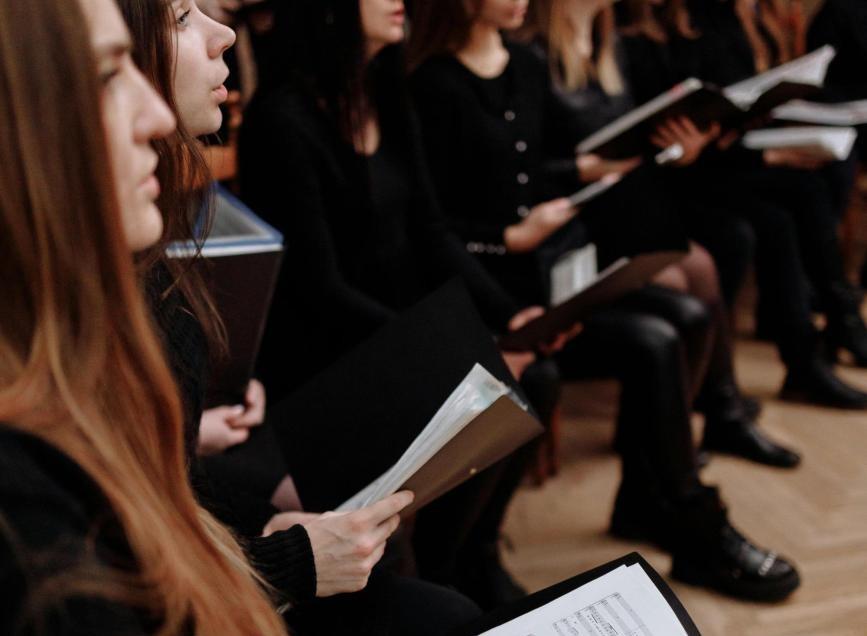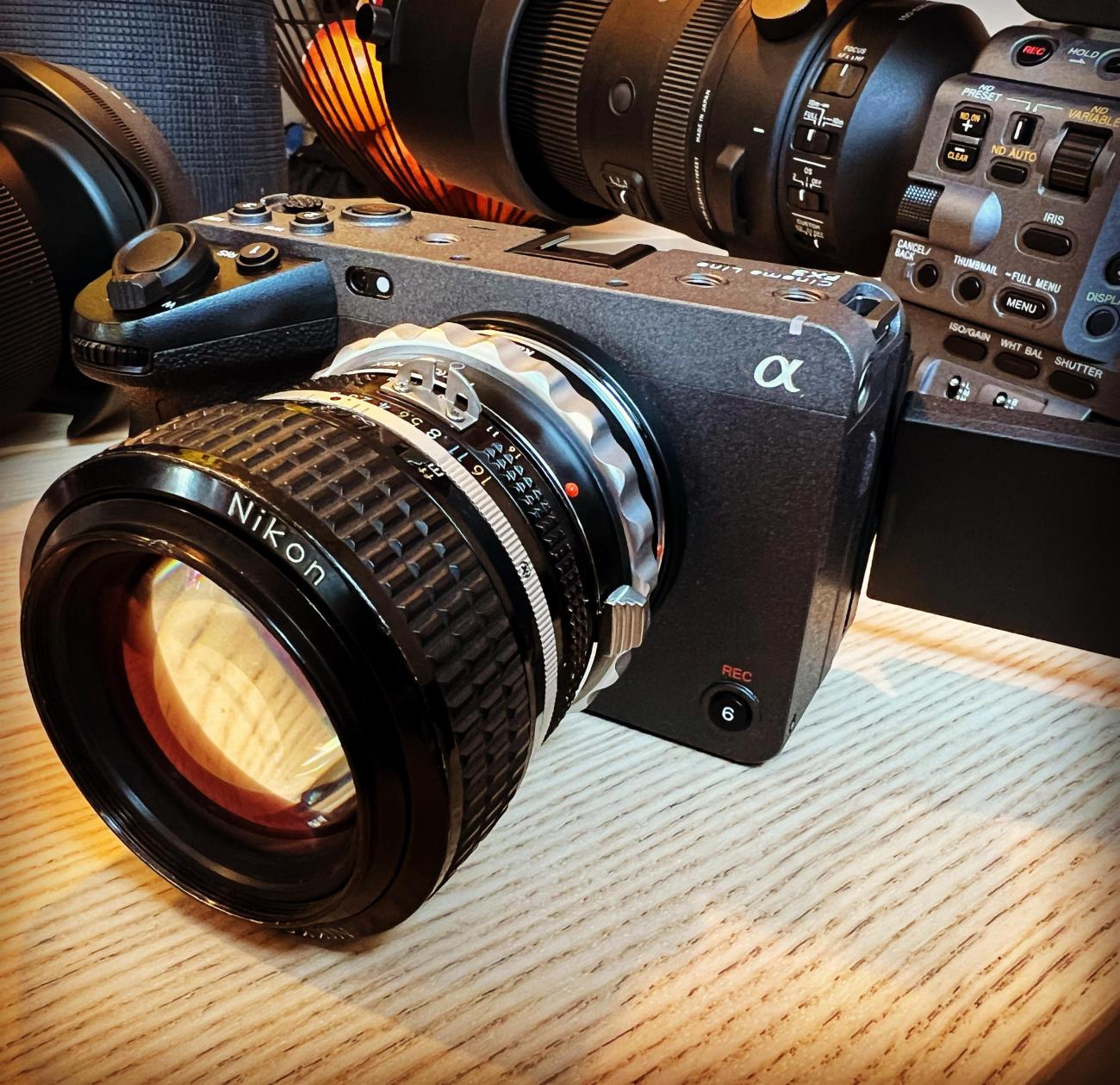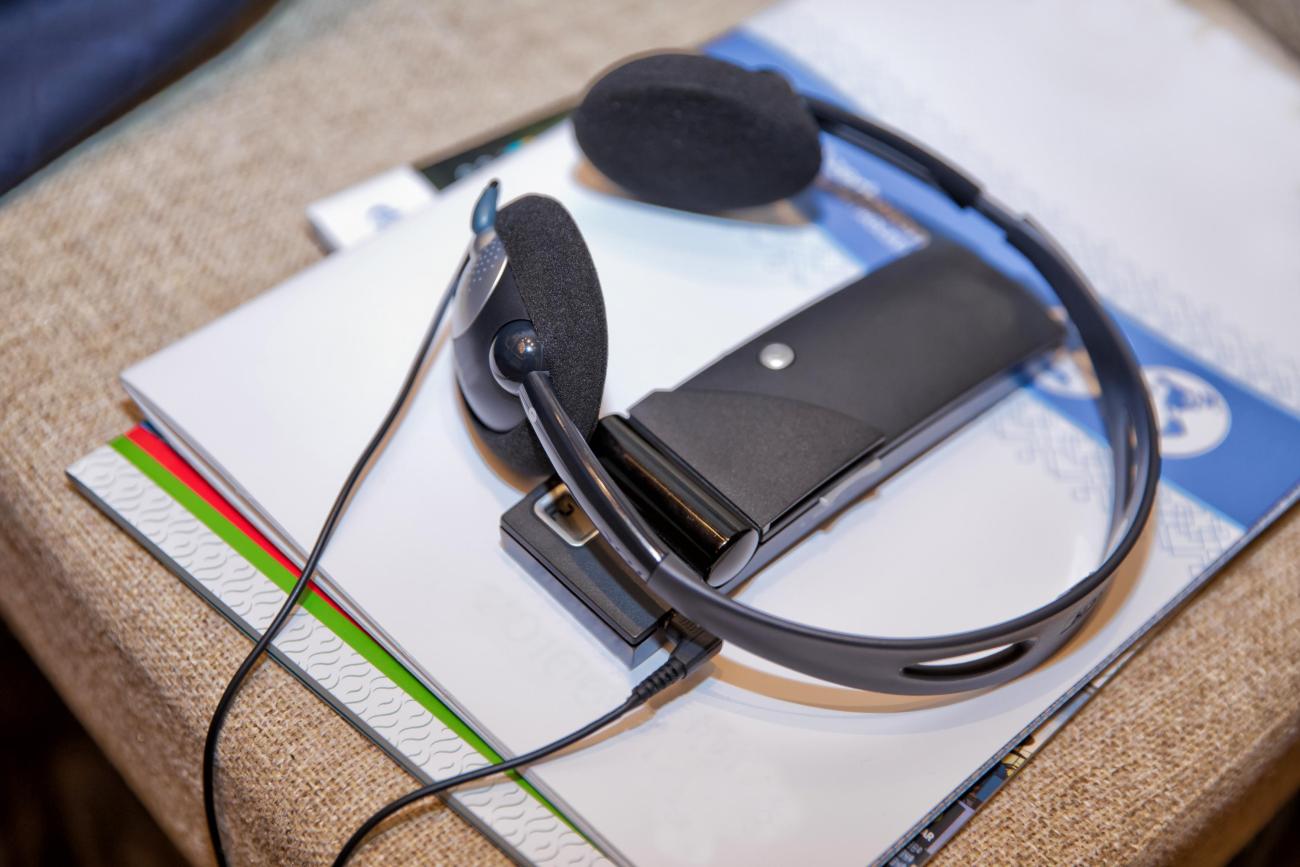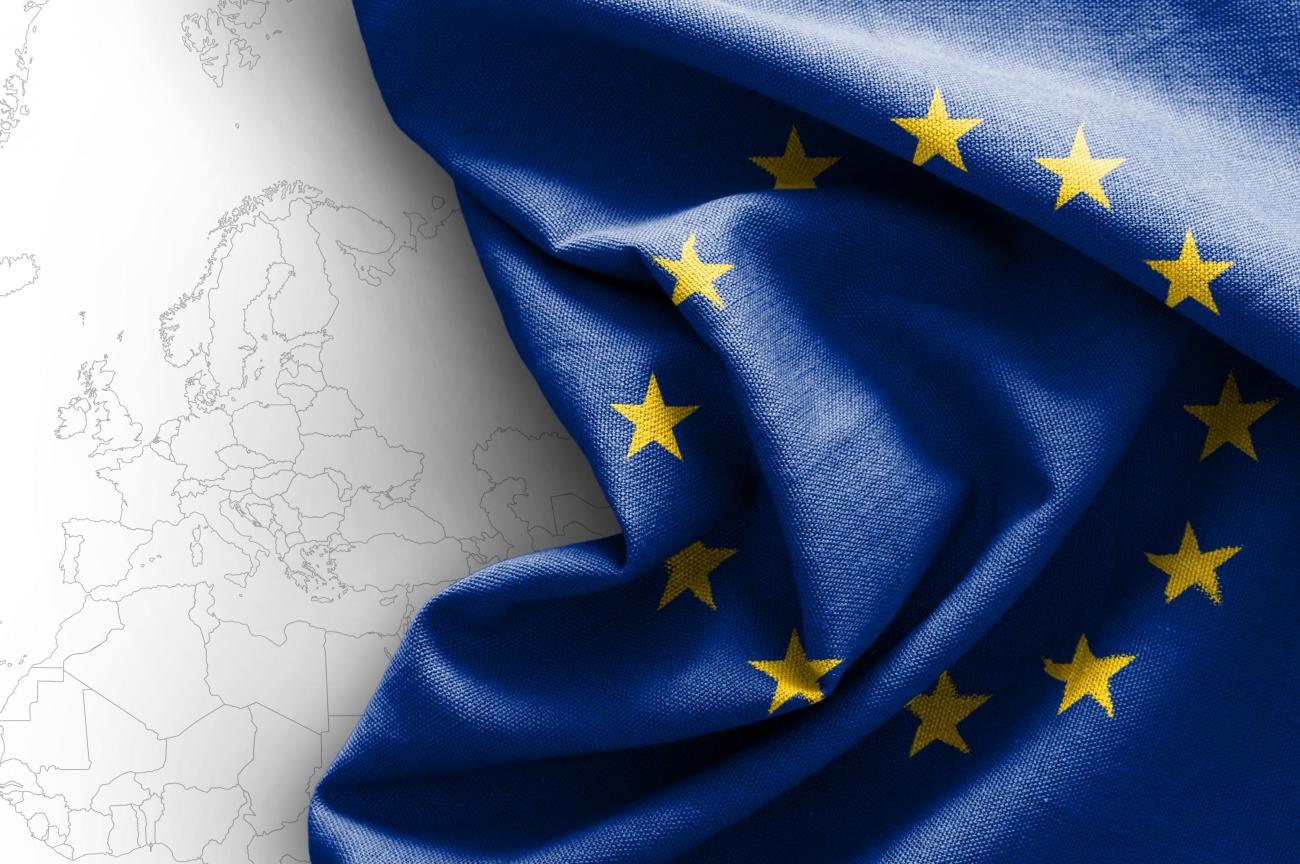
Humanities and Social Sciences Postgraduate Courses

To facilitate both interdisciplinarity and specialisation, the MA will be divided into two streams: law and computing. Entrance on to either the law or computing stream will be dependent upon existing education. All students will complete four core modules which will offer a mix of law and computing and will be accessible to all admitted students.
Law Steam
Core Modules

Students in the programme are offered from a range of production-based modules, including Responsive Media, Moving Image and Video Production, Audio and Sound Design, Emerging Media Praxis, Visual Design, and Screenwriting, as well as theory-based modules such as Understanding Social Media, Project Plan and Management, Media Audiences and Consumption.
By the end of the programme students plan and execute a Major Project in teams, supervised by staff, and designed to provide an industry-level portfolio piece.

We aim to teach students a wide range of creative writing techniques in various forms such as drama, fiction, poetry and screenwriting. We believe that even if a student has a primary interest in one form, exposure to all these creative disciplines can be beneficial. Many aspects of writing, such as imagery, rhythm, narrative structure, voice/language style and the use of rhetorical techniques apply across different forms and genres, not just one.

The programme is designed to be flexible, offering both full-time and part-time options. Full-time students complete the programme in one year, while part-time students spread it out over two years.

You have two ways to complete this MA: in one year if you study full-time or in two years if you study part-time. The academic year begins in the middle of September.
As a full-time student, you will take three core classes in the first semester, along with a research methodology class. In the second semester, you will select three classes from a range of topics. You will also need to complete a 15,000-word dissertation, due in September.

The MA in Political Communication delves into the dynamic and fast-evolving connections between the media, politics and the public. It explores how these interrelationships impact democracy and the distribution of power.

The programme is offered part-time over two years.
Lectures take place in Drumcondra on Monday evenings and on one Saturday per semester.

This programme offers both full-time and part-time study options to suit your schedule and preferences.

The MA in Music, Sound, Media and Culture is offered on a full-time (one year) or part-time (two year) basis. As such, the MA in Music, Sound, Culture and Media is accessible to those currently in employment, and to those based outside Dublin and Ireland.

The MA in Ethics (Corporate Responsibility) specifically expands on the theoretical perspective of business ethics as well as its practical management tools.
Upon successful completion of the course of study for this award, a graduate will be able to:
Demonstrate an understanding of a broad range of ethical theories and principles that are at the forefront of general and applied ethics.

You'll be enrolled in this part-time, two-year programme, which consists of six taught modules and a minor thesis:

Students have two choices for completing this MA programme. You can finish it in one year if you go full-time, or you can opt for the part-time route, which takes two years.
If you go full-time, you'll take three core modules and a research methodology class in the first semester, with the academic year beginning in September. In the second semester, you'll select three modules on a variety of topics. Additionally, you’ll work on a 15,000-word dissertation due in September.

Classes in this programme use a mix of seminars, workshops, small group discussions, and field trips to teach the material.
The focus is on promoting active and independent learning. Each module is worth 10 credits and is assessed through ongoing evaluations, which can include reviews, essays, research papers, learning journals, and class presentations.

The course has been uniquely equipped with brand new camera equipment, a dedicated post-production lab as well as access to the school’s professional sound and television studios. What makes this MA programme truly unique is its holistic and practice based approach to non-fiction storytelling. Students will immerse themselves in a multidisciplinary journey encompassing photography, audio production, and video production. Additionally, they will explore theory through extensive readings and the analysis of key documentary films and projects.

As a full-time student, here's how your programme will be structured:

Thar tréimhse dhá bhliain, tugann mic léinn pháirtaimseartha faoi mhodúil i réimse topaicí a bhaineann leis an ngnó digiteach, bainistíocht agus ceannaireacht, agus cúrsaí straitéise agus margaíochta, chomh maith le tionscadal nó tráchtas sa taighde feidhmeach. Dearadh gach ceann de na modúil ar mhaithe le freastal ar threochtaí atá ag teacht chun cinn i saol na hoibre sa lá atá inniu ann.

Is féidir an chéim a bhaint amach trí chlár bliana lánaimseartha nó go páirtaimseartha trí chlár dhá bhliain. Má roghnaíonn tú an clár bliana, déanfaidh tú trí mhodúl i Seimeastar 1 agus trí mhodúl eile i Seimeastar 2, agus freastalóidh tú ar léachtaí ar an gcampas cúpla tráthnóna sa tseachtain. Scrúdú scríofa nó measúnuithe leanúnacha a bhíonn i gceist leis an measúnú. Déanfaidh tú miontráchtas a scríobh faoi stiúir léachtóra.

The MA in Children's and Young Adult Literature degree programme has a number of aims:

During the MSc in Public Policy programme, you'll complete four essential modules and select two additional modules from a set of choices. Afterward, you'll undertake a Policy Analysis Exercise, which is a new approach different from the usual dissertation. This exercise allows you to tackle actual policy issues given by public organisations, and you may even connect it to your current job.

Climate change has increasingly become a focal point in the realms of politics, policy development, strategic planning, business operations, and civil society. This heightened attention encompasses efforts to reduce our environmental footprint as well as initiatives aimed at fortifying our ability to withstand present and future climate challenges. On the international stage, the Paris Agreement, established during the COP21 summit in December 2015, charts a course toward complete decarbonisation of the global economy during the latter half of this century.

This one-year, full-time programme spans two semesters and includes both taught modules and practical components such as a project or dissertation, along with an internship. The project or dissertation is a substantial journalistic endeavour or a traditional academic dissertation focused on journalism.
Throughout the programme, students receive comprehensive training in online, print, and broadcast journalism. They develop the ability to work independently as well as collaboratively within teams.

The MSc in Translation Technology:
- Develops a range of professional and linguistic skills appropriate to the translation profession
- Equips students with the technological tools and skills required in the profession
- Provides practical training in the use of translation tools and an introduction to computer programming
- Introduces students to contemporary theoretical issues in Translation Studies

The European Master in Law, Data and Artificial Intelligence (EMILDAI) offers a highly integrated, multilingual and interdisciplinary curriculum, which is articulated into two years (120 ECTS). EMILDAI students will receive a joint master’s degree awarded by the partner universities they attend (joint degree ‘per track’). Students are required to know at least two languages: either English and French or English and Spanish.

The programme covers various subjects such as Translation Technology, Audiovisual Translation, Research Methods, Translation Theory and Simulated Translation Practice. Students can choose to translate into English, except for those studying Irish, who translate into Irish. Additionally, students can focus on one or two languages (one in each semester): French, German, Irish, Spanish, Chinese and Japanese.
There are additional optional modules available, including Localisation, Community Interpreting and Digital Language and Discourse Methods.

The programme is normally delivered over 54 weeks from mid-September in four parts:

Programme Aims

The Masters in European Law and Policy is designed to integrate legal and policy analysis and to equip students with complementary knowledge and skills across both fields. It is designed to ensure students have a comprehensive grounding in both EU law and policy analysis while allowing for some specialisation in either law or policy through optional modules and the dissertation topic.

The programme is structured around four mobility periods across two years. During Year 1 you will undertake a series of core and optional courses reflecting key themes and research design.
In Year 2 you will choose a specialist concentration containing a range of themed courses. Also included is a fourth flexible study period, during which time you will complete your independent study (dissertation) and may have the opportunity to undertake a work-based learning placement with a relevant associate partner.


